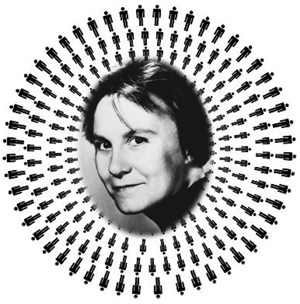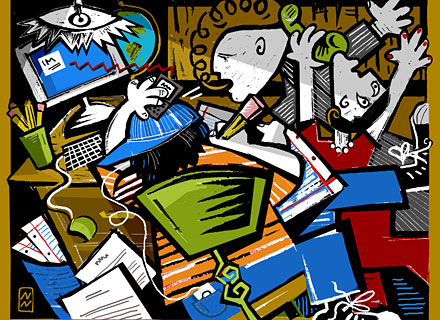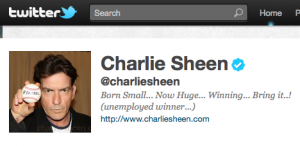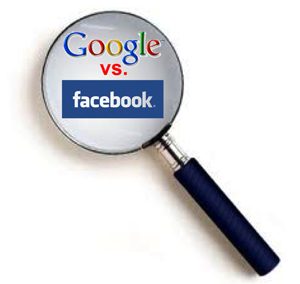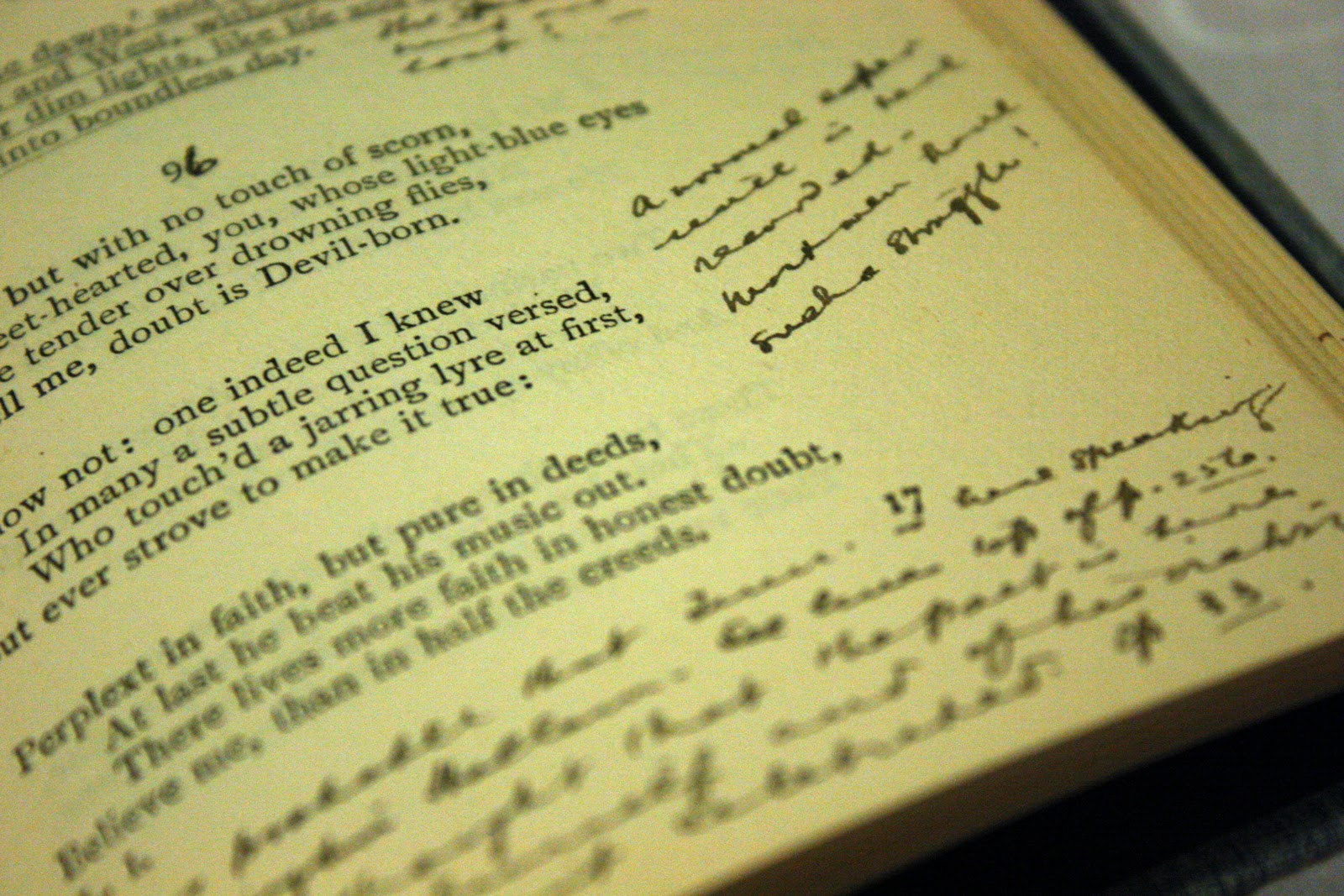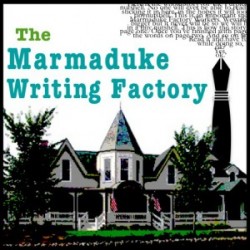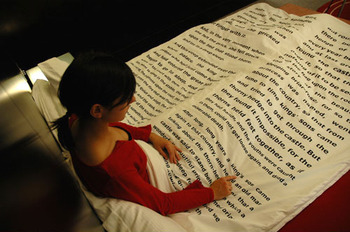I’m still excited and hopeful, but early statements from some of the people involved with Bookish have given me pause. As I see it, there are ways to do this right—and a bunch of ways to do it wrong.
Author: Laura
Helping creative entrepreneurs manage their online presence. Website builder & social media consultant, ebook creator, book marketer, editor, writer, blogger. (Avocations are movie review writing and graphic design.) Worked in book and magazine publishing for many years as an editor and executive.
Yes, social media is a lot of work. But it’s “must do.”
Looking back over my notes from the recent 2011 ASJA conference, which had a special emphasis on social marketing for writers, I see a few strong themes emerging. #1 was how much time and effort it takes to keep up with social media marketing. But it’s a must-do.
Is community building weighing authors down?
Alarms are starting to sound about the demands on writers. In her articles, Laura Miller is building quite a case that authors may be under too much pressure in this 24/7 world of social media, community, and demanding fans. Not to mention, the misguided expectation that authors will be any good at selling their own books.
Authors and social media planning
Sure it’s nice to plan. But who has time? (Hint: This is where I come in.) The information for authors intent on setting up their digital media is out there for the taking. HOWEVER, I can’t help thinking that much of this info, as basic as it is, could fly right by authors. You simply don’t have the time or the interest to get up to speed. Check out this great social media checklist by uberblogger Chris Brogan and let me know what you think.
What can writers learn from rock stars? (video)
Author Margaret Atwood tries a few merchandising tricks. You may have read about author Margaret Atwood’s humorous, slightly cantankerous speech at the February 2011 O’Reilly Tools of Change techie conference (I’ve listed some of her choicer lines below.) Her advice to both authors and publishers was right on. So let’s see if she can sell a few t-shirts.
An old hand’s plug for Twitter
“If you have jumped to a negative opinion about Twitter, you do so at your own peril.”—Bob Sacks. Regular authors who aren’t warlocks like Charlie Sheen will never see the numbers of followers he’s getting (currently approaching 4 million), but according to media pundit Bob Sacks they can find something even better: community and information.
Which sells more books—“search” or “social media”?
Facebook and Twitter are fine, but maybe only in conjunction with Google and Bing? A new report says that 58 percent of people, when looking for info on a product, start with search, while only 18 percent start with social media (but that’s growing). The future is likely a fusion of the two media, something called “social search.” Read my takeaway for authors and their books.
Will writers keep working for free?
Thoughts about online piracy and Shakespeare from Scott Turow of the Authors Guild. What happens when a writer loses his monetary incentive to write? The February 2011 essay Would the Bard Have Survived the Web? in the New York Times by Scott Turow (president of the Authors Guild), Paul Aiken (executive dir. of the Authors Guild) and James Shapiro (Columbia U. Shakespeare scholar) uses as a case study the Enlightenment’s explosion of famous playwrights in the late 16th century to conclude that literary talent will often remain undeveloped unless markets reward it.
The end of the “raucous conversation”?
Turns out that books have always been interactive, but now writing in the margins may be a dying art. I could fill this whole blog with the growing list of public lamentations over things that are falling by the wayside due to technology. Another recent disappearance, as noted by this New York Times article Book Lovers Fear Dim Future for Notes in the Margins, is marginalia.
Researching your next book
Wouldn’t it be nice to have some personal, free help? Don’t forget librarians. If you’ve spent any amount of time really doing online research, though, you realize there’s a real skill to doing it efficiently. And a lot of the meaty historical stuff, which often underpins a great book, simply isn’t findable via Google. So let us remember the original research assistants that exist in nearly every town.
When writing ISN’T a lonely profession
Enough with virtual groups. This time a group of authors bands together in real life. As recently written up in the New York Times, a group of Westchester, NY, writers prove that it’s possible and even necessary to come together, network, and socialize—even when everyone seems to busy to do so. Plus they have a damn fine clubhouse in which to do it.
7 biggest mistakes made by successful book authors…
…when attempting to manage their online presence. Once you have a couple books out there and a pretty vibrant fanbase, you have a whole new set of challenges, from managing your online audience to simply managing your time. Here’s a list of 7 big mistakes (plus a bonus one) that successful authors often make when managing their online platform.


